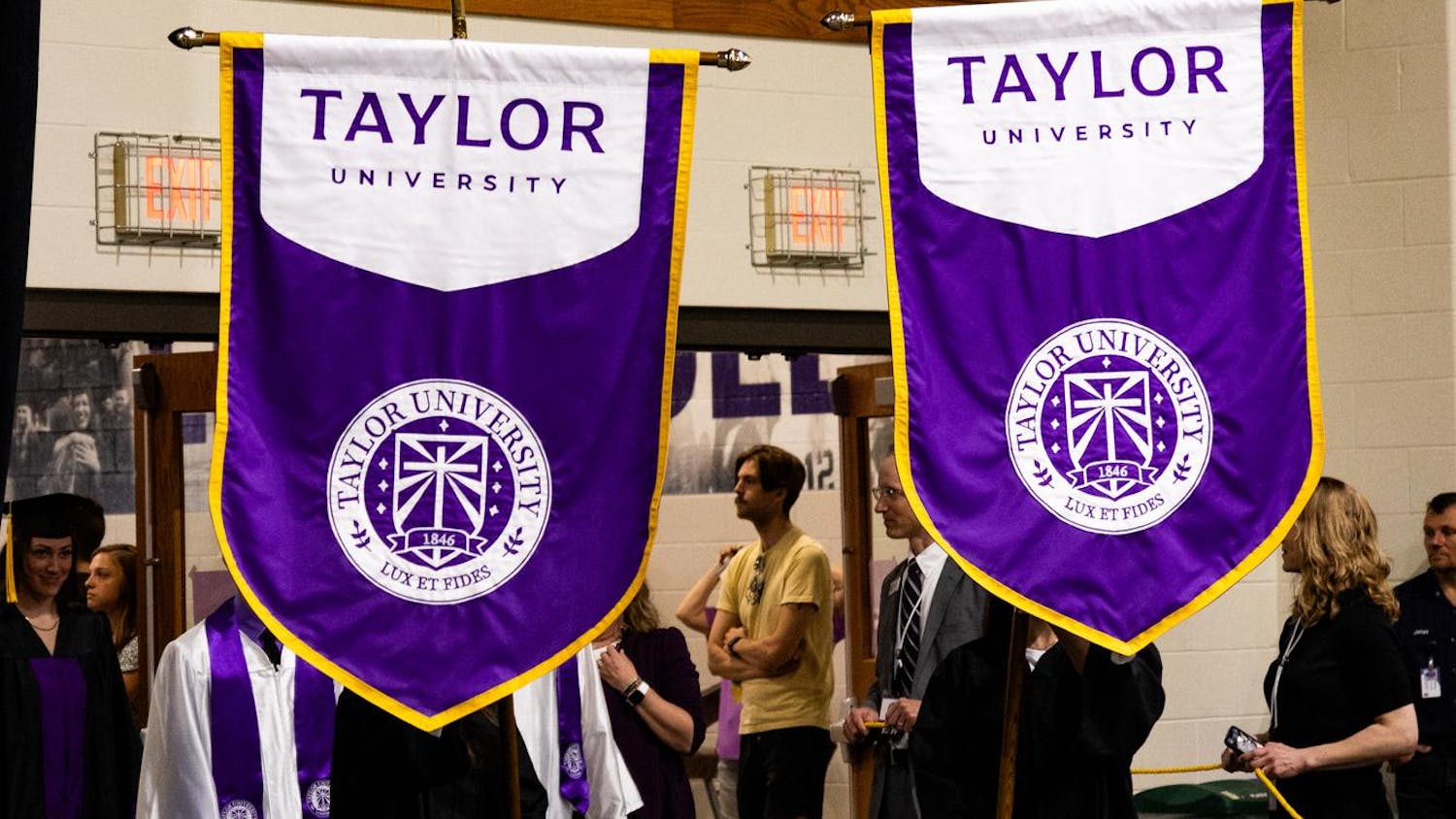According to the saying, it is better to give than receive. But does that adage still hold true for the typical college student who is running short on funds?
According to Elizabeth Shatzer, a music education sophomore, the answer is yes.
“I do think it's just really important to be willing to give, even when you don't have as much,” Shatzer said. “It just shows that you're willing to sacrifice what you have.”
A gift does not need to be material, she said. Time and energy can be given to others as a display of affection and gratitude.
Alice Tsang, professor of finance, sees gift-giving as a way to follow God’s example. Though Christmas presents are not necessities, they allow people to tangibly show their appreciation and love for another, she said.
“It's not about the amount we spend,” Tsang said. “It’s the heart that goes into it when we give that counts. So I would encourage students to definitely not overspend, and try to be more imaginative (when buying presents).”
Junior mathematics major Lily Alexander agreed that giving Christmas gifts is important and shows care and appreciation for the recipient. However, giving gifts under limited financial resources requires planning and communication.
She recommended asking friends and family whether or not they want to take part in a gift exchange. If people are running low on funds, organizing a time to hang out or participate in a fun activity can be a good substitute. If loved ones want to give gifts, Alexander advised setting a spending limit to lessen the anxiety of giving too much or too little.
To form a budget, Alexander recommended people make a tally of the number of friends and family members to purchase for. After creating a list of recipients, she advised allotting a certain amount of money to each person.
However, making a budget is one thing; sticking with it is another.
To stay within set spending limits, Tsang purchases gifts after the holiday season. Department stores typically markup their products during Christmastime, she said. Therefore, buyers can take advantage of post-holiday and clearance sales.
Shatzer said that buying gifts ahead of time, especially when they are on sale, can save a pretty penny.
“(My mom will) buy things when they're on sale and keep them in a box,” Shatzer said. “And then their birthday might not be for four more months, but (she got the gift) $20 off.”
Alexander recommended signing up for apps that provide coupons and rewards for shopping at stores. She and her sister enjoy their Mperks account at Meijer, which has helped them save money on purchases.
Alexander also suggested Walmart and Amazon as affordable shopping options.
Shatzer has found that budget-friendly stores, like Dollar General, Dollar Tree and Goodwill are great places to find inexpensive Christmas gifts.
“You can do a lot with $10 at Dollar Tree,” she said.
For students feeling creative, Tsang recommended taking a trip to Hobby Lobby to find supplies for handmade gifts. Creating unique and inexpensive crafts for Christmas presents is a great way to save money and to show care, she said. Items such as customized t-shirts or Christmas ornaments are both personal and budget-friendly.
Friends with a sweet tooth might enjoy receiving an assortment of their favorite candies or an inexpensive basket filled with $10 worth of fruit from the nearest grocery. Mugs filled with tea bags, hot chocolate mixes or coffee beans are another affordable but fun gift for the chilly winter season, Alexander said.
Shatzer has found that others enjoy receiving handcrafted gifts.
“I think it's more about the emotional and sentimental value than the financial value,” she said.
Students who enjoy calligraphy could write out Bible verses and frame them as gifts. Those who crochet, knit or sew could also use their skills to create affordable but thoughtful presents. To find inspiration and supplies for handmade gifts, Tsang recommended taking a trip to Hobby Lobby.
Shatzer encouraged students to know the person they are giving to, discovering what would be meaningful to them.
“If you have a friend that really enjoys words of affirmation or kind words, then you could be like, ‘Oh, I'm gonna write them a really sweet letter, or write them a poem, or draw them something,” Shatzer said. “...small things that show that you're still thinking about them, even though you can't afford too much.”
Tsang also suggested making a donation to a charity in a loved one’s name. Students can compile a list of causes and ask the recipient which organization they would want to support. Instead of receiving a material item that they might not need, the loved one gets the satisfaction of supporting a worthy cause.
Overall, Alexander encouraged students to be responsible during the holiday spending rush.
“Don't break the bank,” she said. “Don't feel obligated. And again, communicate with your friends and the people you have close relationships with.”
And if gift ideas for a friend or family member are not forthcoming, Alexander encouraged students to simply ask.
However students choose to give, Tsang urged them to remember the real reason behind generosity: God.
“If not for (God’s) grace and his love to us, we wouldn't even have the time on Earth. And that obviously, is another great gift,” Tsang said. “So we would try to give back to God by living out a meaningful life to glorify Him. And I think he would love that.”




